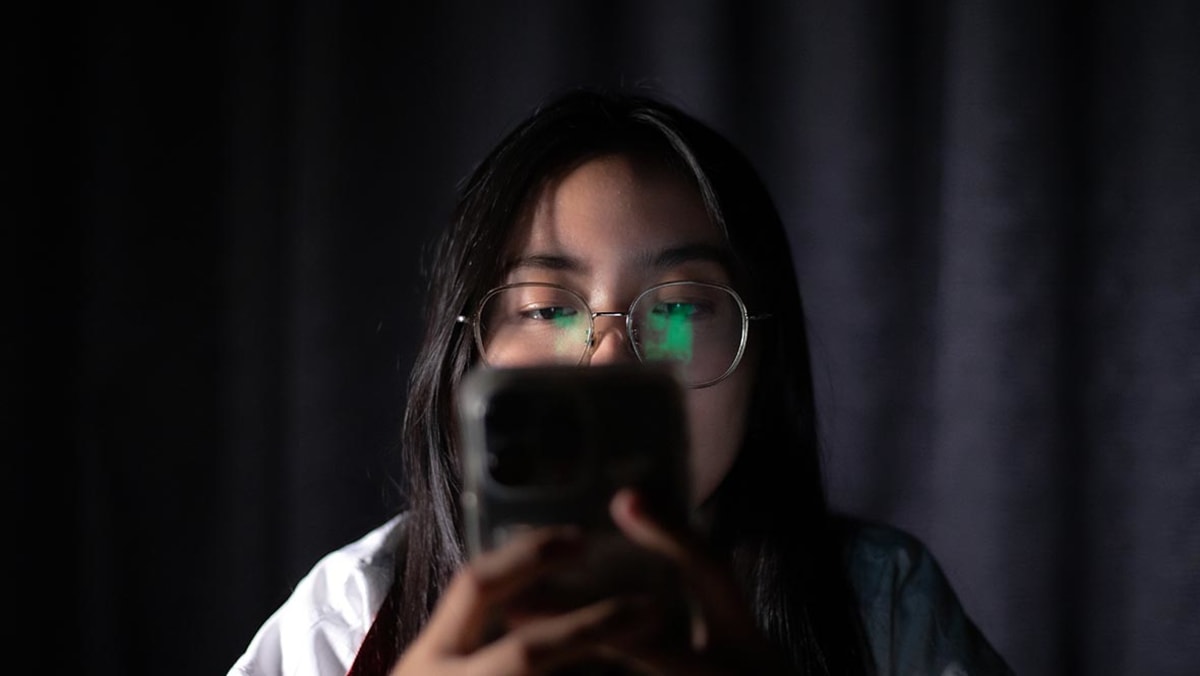
Each week, TODAY’s long-running Big Read series delves into the trends and issues that matter. This week, we look at how social media addiction could impact children and youths’ mental health, and why it should be taken seriously in the face of inconclusive research. This is a shortened version of the full feature, which can be found here.
 By
By
Deborah Lau
Children and adolescents are particularly vulnerable to the effects of social media addiction, experts told TODAY.
Ms Ranjini Veerappan, a certified addiction specialist at Holistic Psychotherapy Centre, said that a child’s brain is still maturing and rapidly developing until they are about 25 years old.
As their decision-making ability, impulse control, and judgement are still being developed, excessive social media use could impact their brain development and potentially lead to long-term cognitive and emotional consequences, she said.
Given their age, they may also have limited coping skills to manage difficult situations that may arise in the digital world, which could affect their mental health, Ms Veerappan added.
Other experts also warn that teens addicted to social media would find it hard to develop the essential cognitive capability and emotional skills necessary to function healthily as an adult later in life.
Children who struggle with one addictive behaviour may also be vulnerable to other kinds of addictions in the course of growing up.
THE BIG PICTURE
Despite the growing body of evidence, experts told TODAY that social media addiction is currently not recognised as a mental health disorder in the Diagnostic and Statistical Manual of Mental Disorders, which provides mental health professionals in countries like Singapore and the US with a standard classification of mental disorders.
“Hence, we can only highlight the impact of excessive social media use but we won’t be able to talk about diagnosis since it’s not a recognised disorder,” said Dr Ong Say How, a senior consultant and chief of the department of developmental psychiatry at the Institute of Mental Health.
The World Health Organization, which produces the International Classification of Diseases (ICD), has also not initiated any formal working committee to look into social media use disorder, said Ms Julianna Pang, an addictions therapist from Visions by Promises.
Ms Pang added that for a condition to be included in the ICD, it requires the gathering of sufficient research data, with consistent outcomes from around the world, about the condition’s diagnostic criteria, severity assessment, and its treatment recommendations.
Not having a formal inclusion of the condition in the ICD may affect the consistency of its terminology, choice of diagnostic tools used, and recommendations on treatments, said Ms Pang.
Furthermore, while existing studies have drawn correlations between excessive social media use and its resultant negative impact on children and youths’ mental health, experts said that more research is needed for a conclusive look at its effects, and to establish that social media is indeed having a detrimental impact on adolescents’ mental health.
Ultimately, the ability to navigate social media in a healthy way requires not only tech savviness and knowledge of risks online, but also self-understanding and emotional and behavioural regulation.
“We can help young people develop that by having conversations about how and what they feel, including when they encounter things they see on social media,” said Dr Andrew Yee, an assistant professor of media and communication at the Singapore University of Technology and Design.
Ms Claire Leong, a counsellor at Sofia Wellness Clinic, said that it is also important to understand that those who are addicted to social media today are not doomed to a life of addiction and dysfunction.
“It is possible to get better. It has to begin with the awareness that the current behaviour is unhealthy, and there has to be an intention to do something about it,” she added.